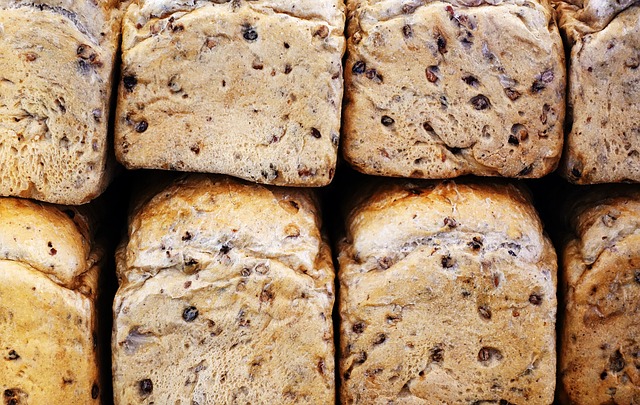
Contents
for Optimal Health
Good nutrition is essential for maintaining strong and healthy bones, but knowing which foods to eat can be tricky. Eating a healthy, varied diet with the right balance of minerals and vitamins is key to promoting bone health and preventing fractures and osteoporosis. Here we outline the top foods to eat to ensure your bones are in top condition.
Calcium
Calcium is an essential mineral for maintaining bone health and preventing bone diseases. Consuming a diet that is rich in calcium helps to build and preserve strong bones, improve bone mineral density and prevent fractures. Good sources of calcium include yogurt, cow’s milk, cheese, fortified soya products, kale, Chinese cabbage, okra, sardines, and almonds.
Vitamin D
Vitamin D helps the body absorb the calcium it needs to maintain bone health. A lack of vitamin D can lead to a decrease in bone mineral density, bone pain, and increased risk of fractures. Good sources of vitamin D include egg yolks, fatty fish, such as salmon and mackerel, and mushrooms that have been exposed to UV rays. Milk, orange juice, and breakfast cereals may also be fortified with vitamin D. Exposure to sunlight is also good for promoting vitamin D levels.
Protein
Protein helps to build and maintain muscle and bone strength, and its presence is essential for forming new bone tissue. Good sources of protein include meat, fish, eggs, dairy, soy, nuts and seeds.
Fruits and Vegetables
Fruits and vegetables are essential for overall health, but are especially important for maintaining strong bones. Citrus fruits, such as oranges and grapefruit, contain high levels of vitamin C, which is a key nutrient in maintaining healthy bones. Leafy green vegetables, such as spinach and kale, are packed with calcium and other nutrients important for bone growth and preservation.
Vitamin K
Vitamin K plays an important role in maintaining healthy bones by helping regulate calcium and vitamin D levels in the body. Vitamin K can be obtained through leafy green vegetables, milk, and eggs, as well as certain fortified breakfast cereals.
By following a balanced, healthy diet and making sure that your body has the right vitamins and minerals, you can help ensure your bones remain strong and healthy and prevent bone diseases such as osteoporosis.
